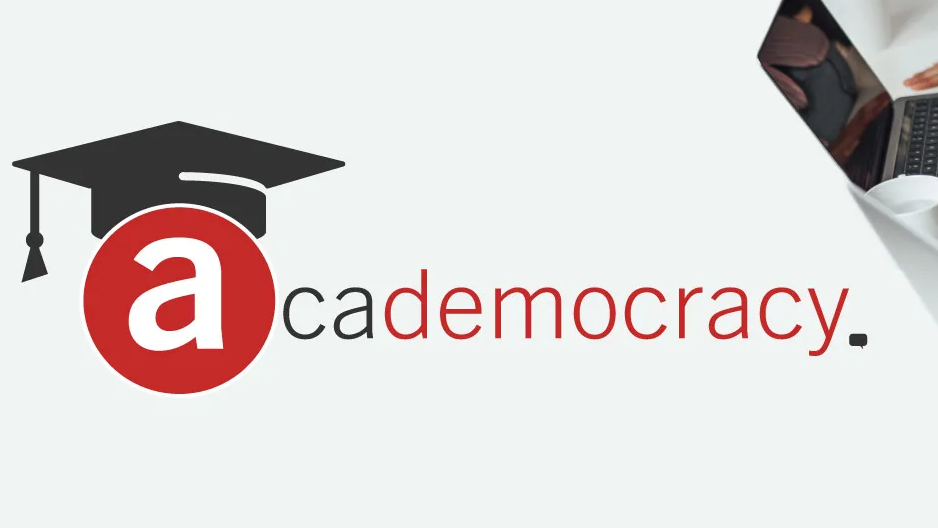Thompson Rivers University has had the official status of a university for over 18 years. Despite this, the university’s governance structure needs to be updated, as it currently reflects that of a college senate. With TRU not having a full senate structure, problems accrue, such as grant funding and diminished student representation.
Under TRU’s current senate designation as a college, the university receives less funding for research, leading to the denial of a number of research grants. In addition to the issue with grants, college senates have fewer faculty and student representatives. While many university senates generally require 23 per cent of the seats to be filled by students, TRU’s current senate structure only requires nine per cent.
To fight this problem, the TRU Students’ Union created a campaign they have dubbed “Academocracy.” For more than two years, the campaign has been hard at work fighting for the students’ rights. This summer, Anel Jazybayeva and Leaf Douglas went across the province to get letters of support from other communities. This is affecting everyone on campus, as the governance is fighting for the rights of students and faculty members.
“Me and Leif Douglas went over to Clinton, Logan Lake, Williams Lake and other towns in the Interior. We’ve got six letters of support from them. We’re trying to build more community support,” Jazybayeva said. “[The campaign’s] primary goal is to change the university’s senate structure to give students a meaningful voice.”
“There was an issue with the nursing students, who needed their practicum. While the decisions were made, there were no nursing representatives in the room. There were four other students from law, arts, business and science,” Jazybayeva said, referring to a case during the COVID-19 pandemic.
“As a small student union, we cannot approach the provincial government directly. So, to convince the government that this is an important issue, we came to students. We got more than 2,000 letters of support from students, over 100 from faculty,” Jazybayeva said. During the 2023 winter semester, the students’ union focused on gathering support from TRU’s community.
“It’s not a small school anymore. I think it’s interesting that TRU has not adapted to the next level of university governance structure, especially considering how long this university has been around. It’s quite concerning the impact that this might have on staff shortages and the housing crisis, [or how] certain programs struggle with having professors; having programs close, like the Visual Arts program. For example, Political Science and Economics must be a combined major because there are not enough profs,” said Zach Kuan, a Journalism and Political Science student.
TRU has a huge economic impact on the Interior of British Columbia; the university contributes over $500 million to the local economy annually and $1.5 billion to the region.
This is not only a TRU issue, as it affects the whole province.For more information about the campaign, visit https://trusu.ca/advocacy/academocracy.

